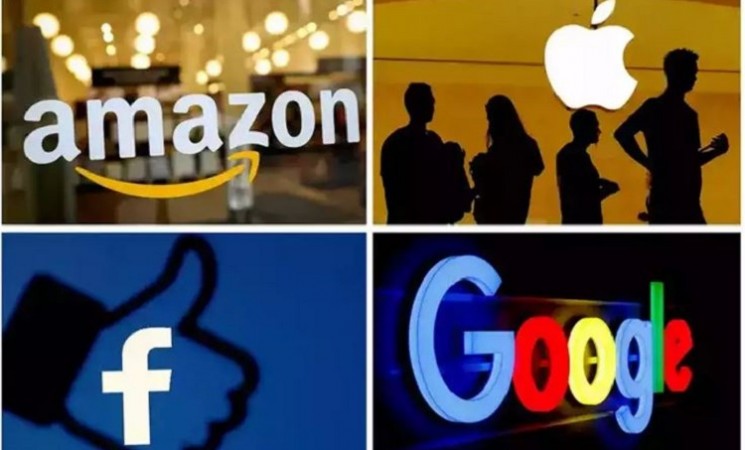
NEW DELHI: The new implications of the European Union's Digital Services Act on prominent tech giants like Google, Facebook, TikTok, and others have garnered attention. According to a report by AP, major tech companies such as Google, Facebook, TikTok, Amazon, Instagram, Snapchat, and more, operating within Europe, are bracing for a substantial effort to sanitize online content. The first phase of the Digital Services Act (DSA), a novel set of digital regulations introduced by the European Union consisting of 27 member states, is poised to come into effect on Friday, August 25.
The primary objective of the DSA, one component of a suite of tech-oriented regulations formulated by the bloc, is to bolster the safety of online users and counteract the propagation of unlawful or injurious content. This encompasses content that violates platform terms of service, encompassing aspects such as the endorsement of genocide or the promotion of anorexia. Furthermore, the DSA aspires to safeguard fundamental rights such as privacy and freedom of expression.
In response to the DSA, certain online platforms have already initiated alterations to ensure compliance. The ramifications of non-compliance could entail substantial penalties.
Which Platforms Are Encompassed?: Nineteen platforms are presently within the purview of these regulations. Noteworthy social media platforms including Facebook, TikTok, Twitter, YouTube, Instagram, LinkedIn, Pinterest, and Snapchat, along with five online marketplaces such as Amazon, Booking.com, Alibaba AliExpress, and Germany's Zalando, are subject to the mandates of the DSA. The ambit of regulation also encompasses entities like Google Play and Apple's App Store, along with search engines like Google's Search and Microsoft's Bing. Even services like Google Maps and Wikipedia fall under this regulatory framework. The basis for inclusion on this list hinges on user statistics submitted by these platforms. Hence, platforms with a user base of 45 million or more, or those serving at least 10% of the EU population, fall under the ambit of the DSA's oversight.
Nevertheless, some prominent platforms, notably eBay, Airbnb, Netflix, and even PornHub, are conspicuously absent from the EU's roster, raising concerns about the comprehensiveness of the list. It remains possible that additional platforms might be incorporated later. Ultimately, any digital service provider catering to European users will eventually be obligated to adhere to the DSA, although with relatively fewer obligations compared to the largest platforms, and a grace period of an additional six months to align with the stipulations.
What Modifications Are Anticipated?: Platforms have embarked on the implementation of novel mechanisms for European users to report illicit online content and problematic products. Companies will be mandated to expeditiously and impartially eliminate reported content. Reporting tools for illegal or rule-violating content are poised to be more easily accessible on prominent platforms. Meta Platforms, the parent company of Facebook and Instagram, is streamlining the process of reporting such content. Amazon is introducing a fresh avenue for reporting suspected unlawful products and supplying enhanced details about third-party merchants.
In a blog post, Meta's President for Global Affairs, Nick Clegg, stated, "The DSA will wield a significant influence on the digital experiences of Europeans as they access their phones or engage with their laptops."